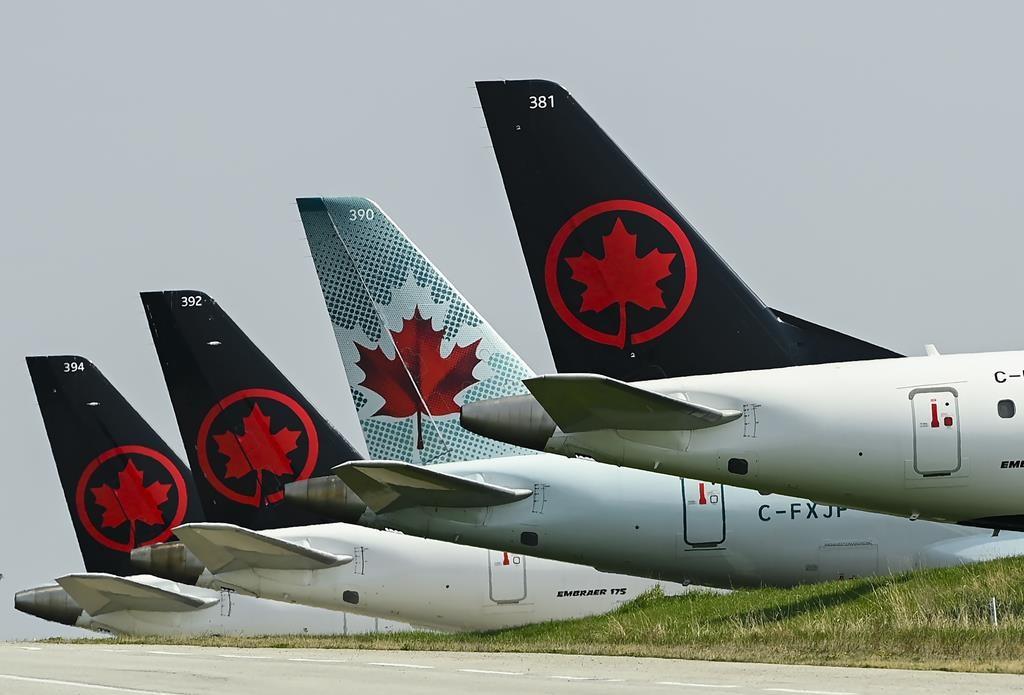Over 70 business groups have written a letter to Labour Minister Steven MacKinnon asking him to stop Air Canada pilots from striking by imposing binding arbitration to bring the labour dispute to an end.
“The federal government needs to take decisive action,” the business groups said in a Sept. 11 letter. “The impacts of a labour disruption at Air Canada will ripple throughout the economy, affecting Canadian consumers, employees, and businesses.”





